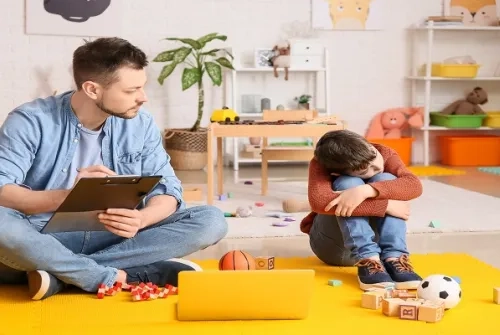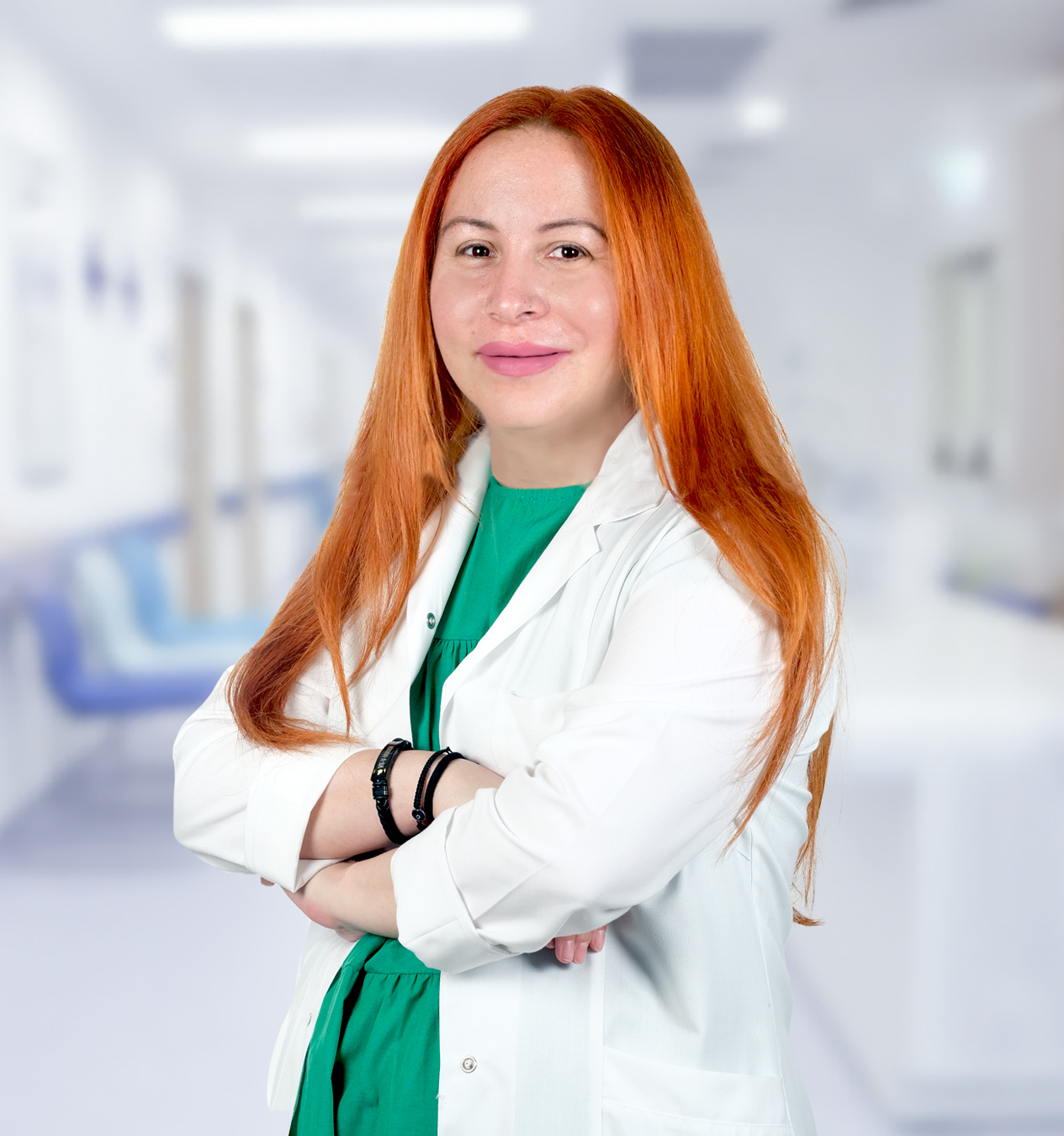Alo Yeditepe
Alo Yeditepe
Families with Children Who Have Autism Should First Accept the Situation
Zeynep Göktuna, a specialist psychologist at Yeditepe University's Polyclinic on Bağdat Avenue, emphasized that families of children diagnosed with autism have a big responsibility. She stated that many parents of autistic children refuse to accept their child's condition, blame experts for labeling their child as autistic, and choose to avoid treatment and education. Therefore, accepting their child's condition is of great importance for both the child and the family's mental health and long-term success.
What is Autism?
Autism is a “refusal to communicate” disorder. The condition referred to here is autism, which is characterized by difficulties in social interaction, communication, and engaging in creative activities.
What are the Symptoms of Autism?
Autism symptoms can vary in severity and combination, ranging from mild to severe, depending on the level of the condition. Some of the symptoms of autism may disappear over time, while others may reoccur at different times. In some cases,
autistic children may not develop speech, while in others, language development may be delayed. In autistic children who have developed language, monotone or flat intonation in speech is often noticeable. Repeating what is said (echolalia) and reversing pronouns are seen in some autistic children. Avoidance of eye contact, not responding when one's name is called, difficulty in perceiving other people's emotions and expressing their own, inability to develop friendships, lack of ability to develop learning-based imitation skills are all key symptoms of autism.
What are the Characteristics of Children with Autism?
Repetitive movements such as flapping hands, spinning around, and rocking back and forth are often observed in autistic children. The area of interest is usually limited to autistic individuals, and they may excessively focus on topics that are meaningless to others. An autistic child may not be interested in anything happening around them but can recite the capital of every country in the world.
Behavioral problems such as self-harm, harming others, inability to follow commands, and excessive movements can be seen in autistic children. It is quite common for autistic children who do not respond to auditory stimuli or exhibit different reactions to them to be taken for hearing tests, as it is believed that they may have hearing problems in early childhood.
Some autistic children get fixated on rotating and flashing objects and become quite distressed when these objects are removed or taken away from them. It has been observed that some autistic children respond to changes such as moving, changing schools, altering the location of a beloved toy, or losing a beloved doll by exhibiting behaviors such as self-harm or harming others.
Some autistic children do not enjoy physical contact, and become uncomfortable when held or kissed by close relatives. However, it has been observed that autistic children have extreme difficulty in forming attachments to people around them, and once attached, they develop a strong sense of dependence. They also experience significant anxiety when separated from their loved ones. Autistic children who
typically refuse to speak often express their desires through shouting, screaming, hitting, and using sign language.
How is Autism Treated?
When working with autistic children, there should be collaboration between the family, psychiatrist, psychologist, and educator. The family should be aware of the ‘special situation’ of the child, should not isolate the child from society, and should not be ashamed of the child. Many parents of autistic children refuse to accept their child's condition, blame experts for diagnosing their child as autistic, and choose to avoid treatment and education. It is therefore important for families to accept their child's condition, as this is crucial for the child's development. Since every autistic child is unique, the child should be observed, their performance should be measured using assessment tools, and an individualized treatment and/or special education program should be prepared based on each child's needs. In individualized special education programs, the primary behaviors to be gained are the ability to establish eye contact, sit in place, and follow commands. Children who have excessive movement, harm themselves/others when angry, have difficulty continuing their lives due to repetitive movements, inability to sit still, and difficulty following commands may benefit from medication therapy. After these gains are achieved, it is essential to develop socially-oriented behaviors such as intense communication, playing games, understanding emotions, expressing emotions, and establishing physical contact, as they are crucial for the development of an autistic child.
About
Faculty and Year of Graduation:
Bilgi University Faculty of Arts and Sciences, 2001
”
See Also
- What is Autism Spectrum Disorder?
- What is Mythomania (Pathological Lying Disorder)? What Causes Mythomania?
- What are the symptoms of a Panic Attack? How to Overcome a Panic Attack?
- What Does Narcissist Mean? Narcissistic Personality Disorder
- How to Approach a Child in Adolescence?
- 8 Tips for Fathers Who Want to Develop Healthy Relationships with Their Children
- Dancing with Cancer
- What is Specific Learning Disability?
- What is a Mental Disability?
- What is Attention Deficit and Hyperactivity Disorder?
- Developmental Disorders in Children
- What is Autism?
- What is Language and Speech Disorders?
Alo Yeditepe




